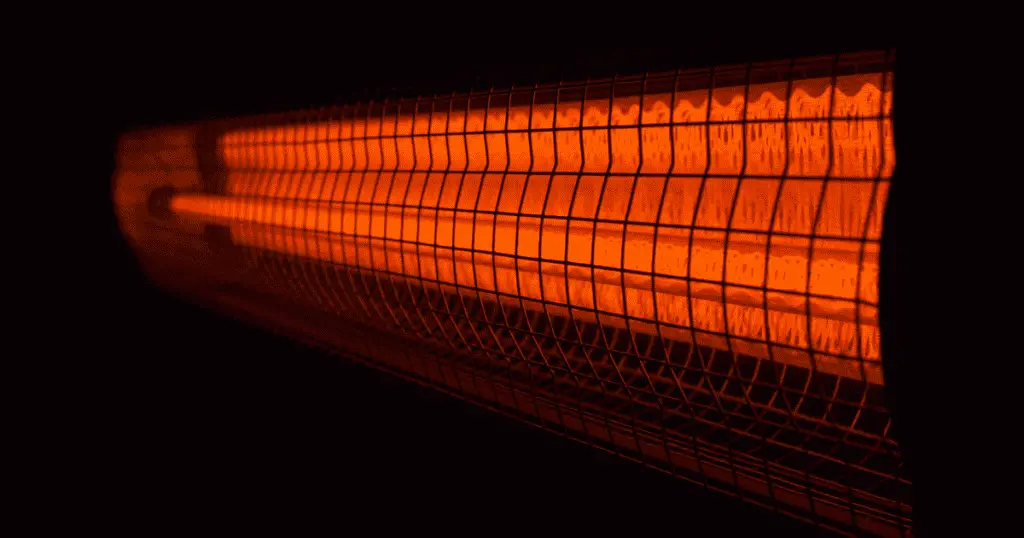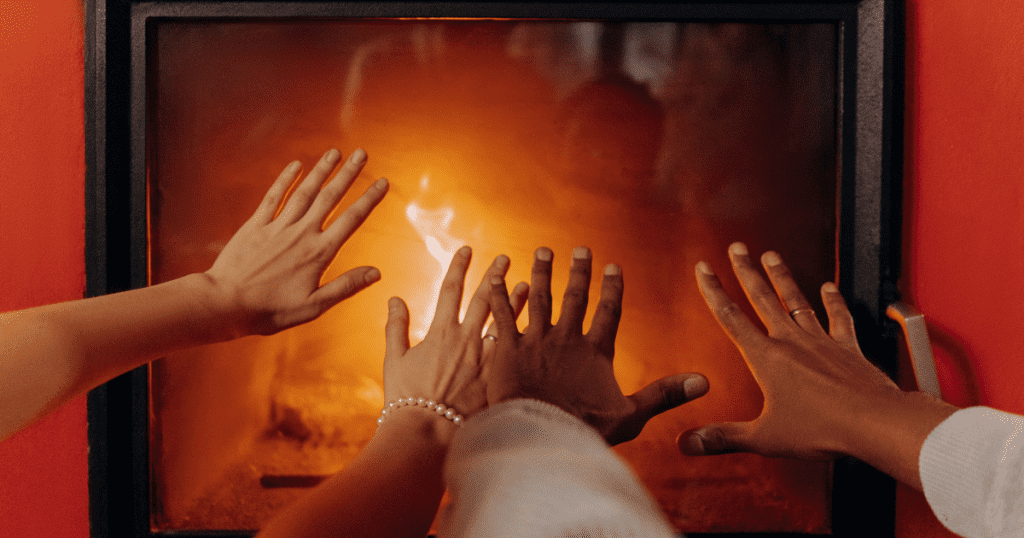No matter the type of plinth heater, they will cost to run, but electric will be more expensive than hydronic. Both types of plinth heaters also make a fair bit of noise.
Plinth heaters can be a great solution to a cold kitchen. Unfortunately, they do have a few downsides. Chief among those downsides are cost and noise. The question is whether the negative outweighs the positive.
How loud are plinth heaters?
If you’re at all like me, it can be hard to think with an obnoxious noise in the background. That’s why a noisy heater can be a dealbreaker. While they can be noisy, the noise level of a plinth heater can be affected by a couple of different factors.
- Heat setting
- Installation quality
- Age
Though these factors can make plinth heaters louder, overall they aren’t excessively loud. When there are other things going on it is easy to tune them out while they are on.
Heat setting
Almost every plinth heater will have two heating options and many might have three. In electric heaters these control both the heating element and the fan. On the other hand, these settings usually just control the fan on hydronic heaters.
In general, the higher the setting, the louder the heater will be. If your kitchen gets especially cold and you have to run the heater on high all the time, the noise will be rather noticeable. At lower settings, the noise will still be noticeable, but not as obtrusive.
Since hydronic heaters run off the central heating, you won’t have to have the fan on all the time. With the fan off, it won’t make any noise.
Installation quality
Another factor is the quality of the installation job. A professional shouldn’t have any issue with installation. If you plan on installing one yourself, be sure to take your time and do it right. Improper installation can cause extra noise from loose parts and other problems.
Additionally, DIY installation can be risky. It is usually best to leave it to the professionals unless you know what you are doing.
Age
The third factor for noise levels is the age of your heater. Even with proper maintenance, your heater will wear down over time. As parts deteriorate, they can cause all sorts of extra noises. At this point, it is time to replace the unit or look into replacing parts.
How expensive are plinth heaters once installed?
Unfortunately, you’re going to have to pay to avoid having cold feet in the morning. While the price of the heater and installation usually isn’t too much when compared to other options, you do have to consider running costs.
The operating cost of a plinth heater is determined by the type and how much you use it. Electric and hydronic heaters will have different considerations when it comes to both.
Electric plinth heaters
These are the more expensive option to run. This is primarily due to their increased electrical draw as compared to hydronic units, as well as the cost of electricity.
This heating method requires the unit to power both a fan to circulate heat and an element to create it. Typically, when these heaters are turned on, the fan and the element are powered.
This is less than efficient because it can take some time for the element to start producing heat. While the element heats up, the fan is wasting energy blowing air that isn’t noticeably warmer.
The other reason that these are more expensive is due to the cost of electricity versus gas. The former is usually more expensive.
Hydronic plinth heaters
As mentioned above, hydronic heaters are cheaper to run than electric heaters. This is because an electric plinth heater draws power to operate two different power sinks.
The advantage of hydronic plinth heaters is that they are connected to your central heating system for heat. This means they only have to draw power to operate the fan. All heating is done by your central heating which is cheaper, especially if it’s gas-powered.
Since both have to power a fan, it comes down to the element. Having to power a heating element will sharply increase the cost of running.



